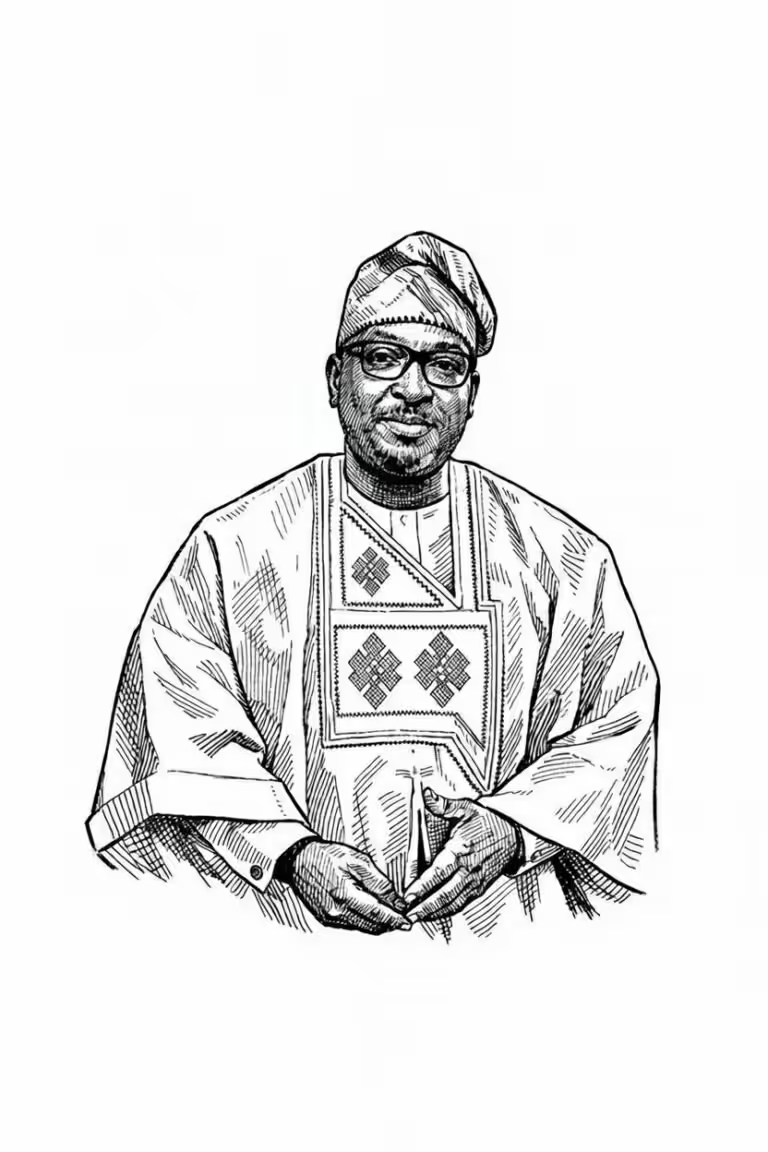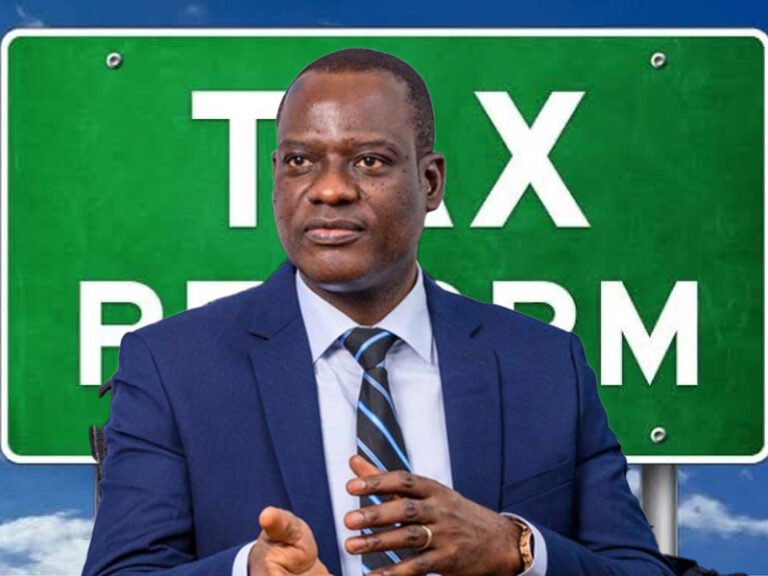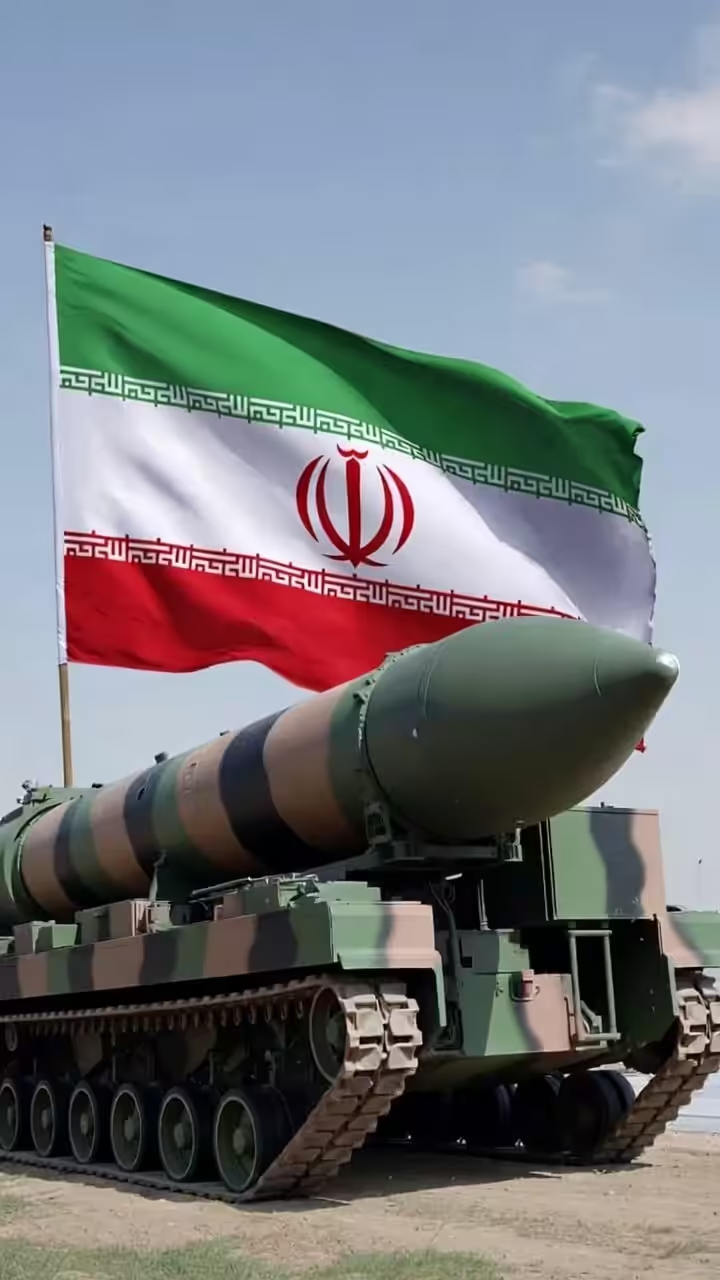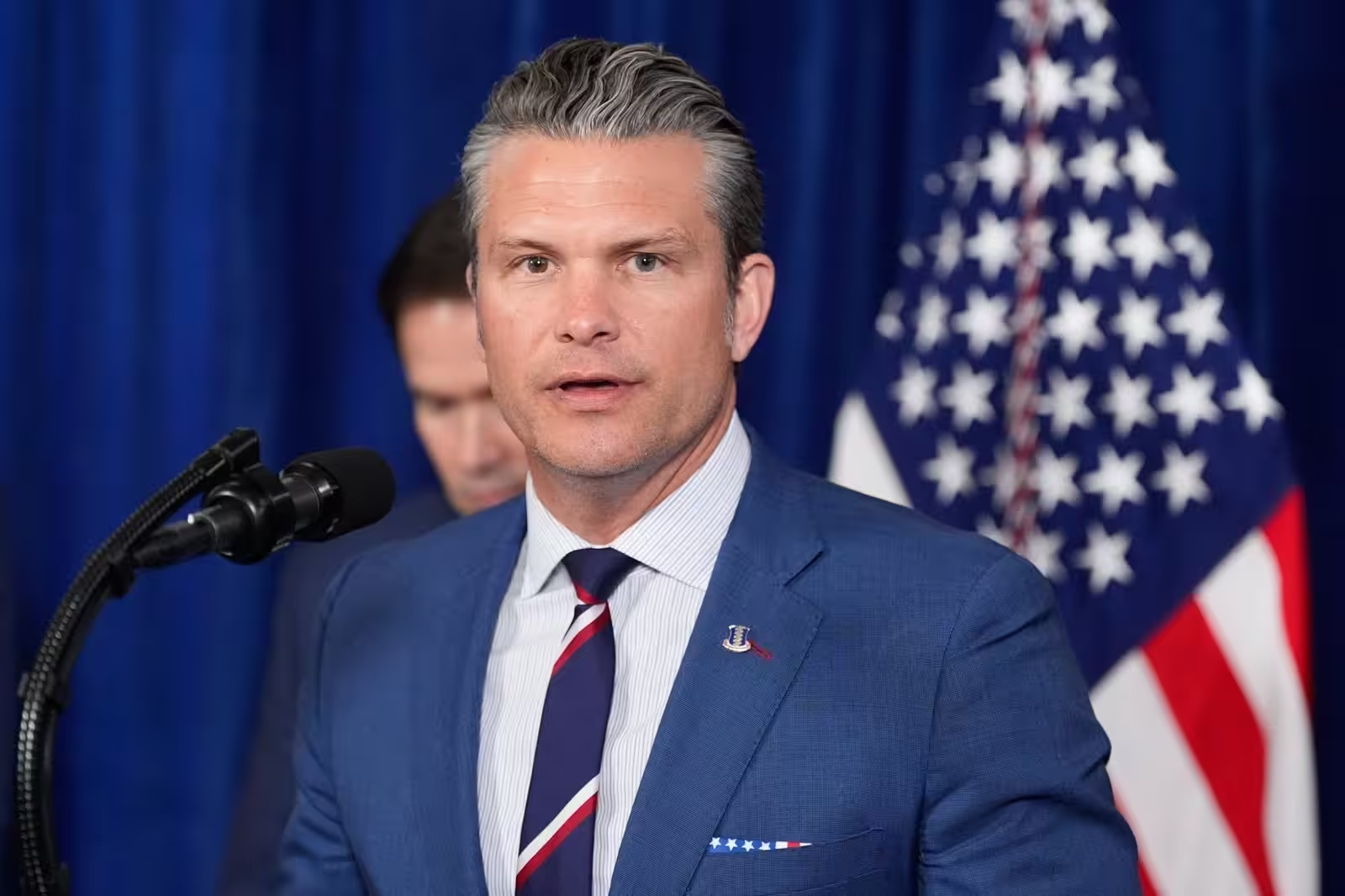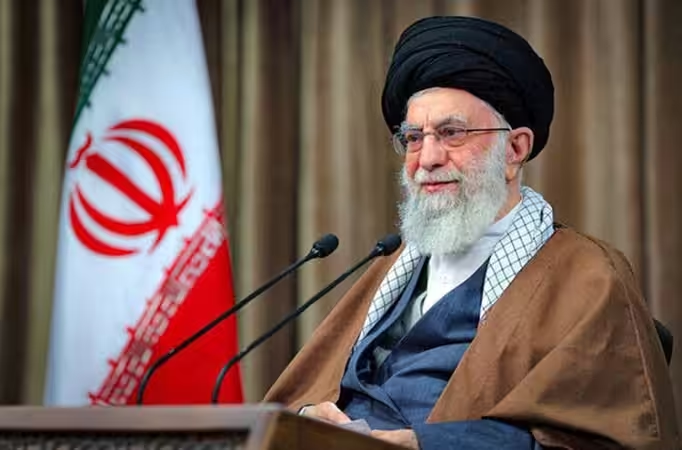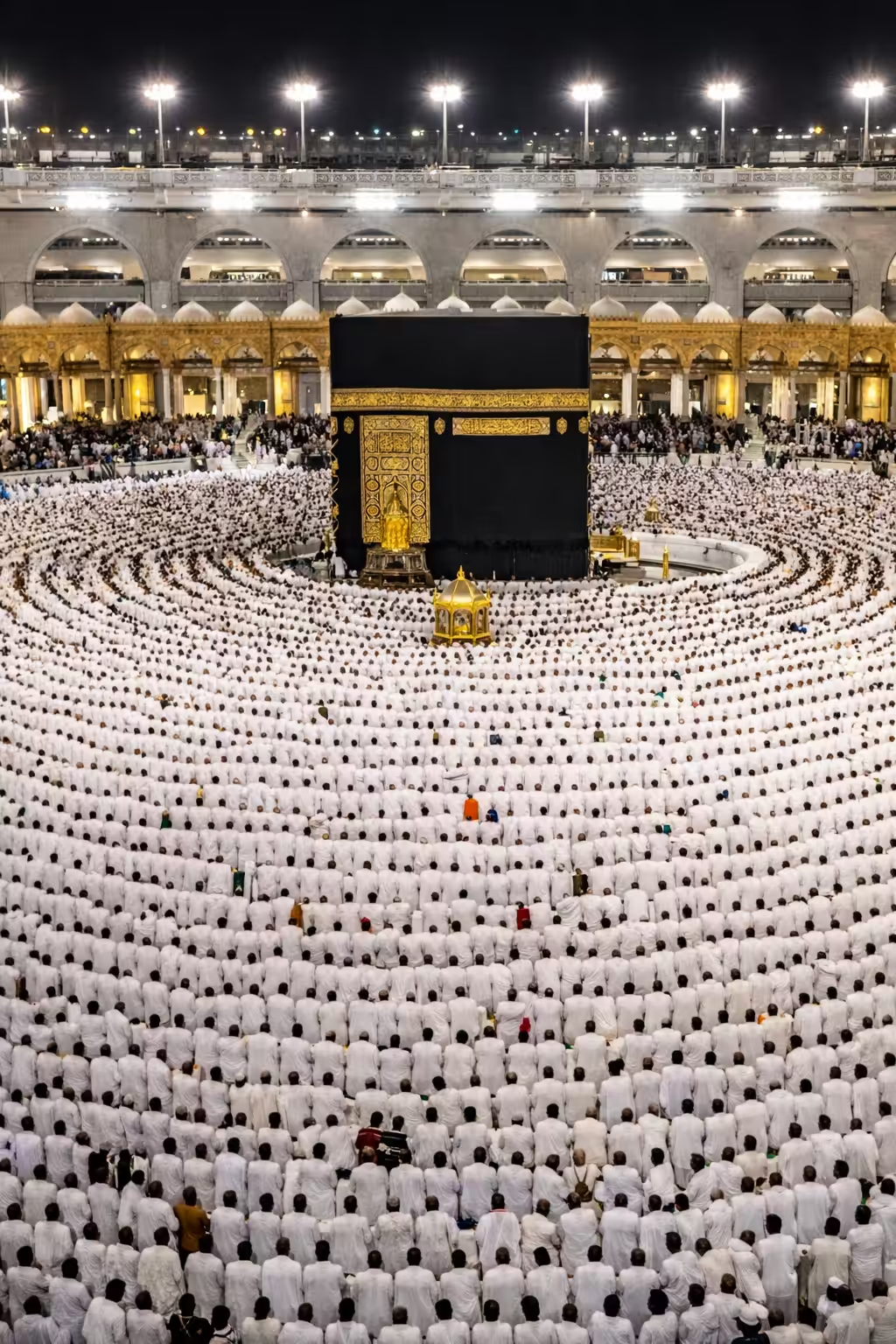Dick Cheney, often hailed as one of the most influential vice presidents in U.S. history, has passed away at the age of 84. Serving alongside President George W. Bush during two terms marked by global terrorism, military conflicts, and economic shifts, Cheney was a key architect of policies that shaped the early 21st century.
His family announced that he died on Monday from complications related to pneumonia, as well as ongoing cardiac and vascular issues.
Cheney battled heart problems for much of his adult life, suffering five heart attacks between 1978 and 2010. He relied on a pacemaker starting in 2001, yet these health challenges never visibly hindered his rigorous duties in office. In 2012, post-retirement, he received a heart transplant that allowed him to remain active for years afterward.
In a surprising move that crossed party lines, Cheney recently endorsed Democratic Vice President Kamala Harris in the 2024 election. He sharply criticized Republican nominee and former President Donald J. Trump, calling him a danger to democracy and unfit for leadership.
“Our responsibility is to prioritize the nation over party loyalty and safeguard the Constitution,” Cheney stated. This stance mirrored that of his daughter, Liz Cheney, a former Wyoming Republican congresswoman who distanced herself from Trump following the January 6, 2021, Capitol riot and also backed Harris.
A master of Washington’s inner workings, Cheney played pivotal roles in Bush’s administration. He advocated for military interventions to promote democracy overseas, pushed for tax reductions to boost the domestic economy, and worked to expand presidential authority, which he believed had been overly limited after Vietnam and Watergate.
With unparalleled access and influence, Cheney shaped decisions across foreign and domestic fronts. He influenced legislative proposals, judicial nominations, and economic strategies, often acting like a high-level cabinet member without boundaries.
His impact was most evident in national security. As Secretary of Defense under George H.W. Bush, he oversaw the 1991 Gulf War, which expelled Iraqi forces from Kuwait.
A decade later, after the 9/11 attacks, Cheney led efforts to enhance security measures, including surveillance without warrants, prolonged detentions, and intense interrogations. He was a strong proponent of the 2003 Iraq invasion to remove Saddam Hussein, a decision that extended the Gulf War’s legacy but sparked prolonged conflict and controversy.
Early in Bush’s presidency, some observers speculated that Cheney wielded the true power, given Bush’s relative inexperience. Though Bush later took firmer control and Cheney’s role diminished in the second term, the perception of Cheney as a behind-the-scenes strategist lingered.
In his memoir “Decision Points,” Bush recounted Cheney’s offer to step down from the 2004 ticket, noting his vice president’s “Darth Vader” image in the media. Bush declined, valuing Cheney’s reliability and counsel.
Cheney’s legacy remains complex—a blend of strategic brilliance, unwavering resolve, and divisive policies that continue to spark debate in American political discourse.











